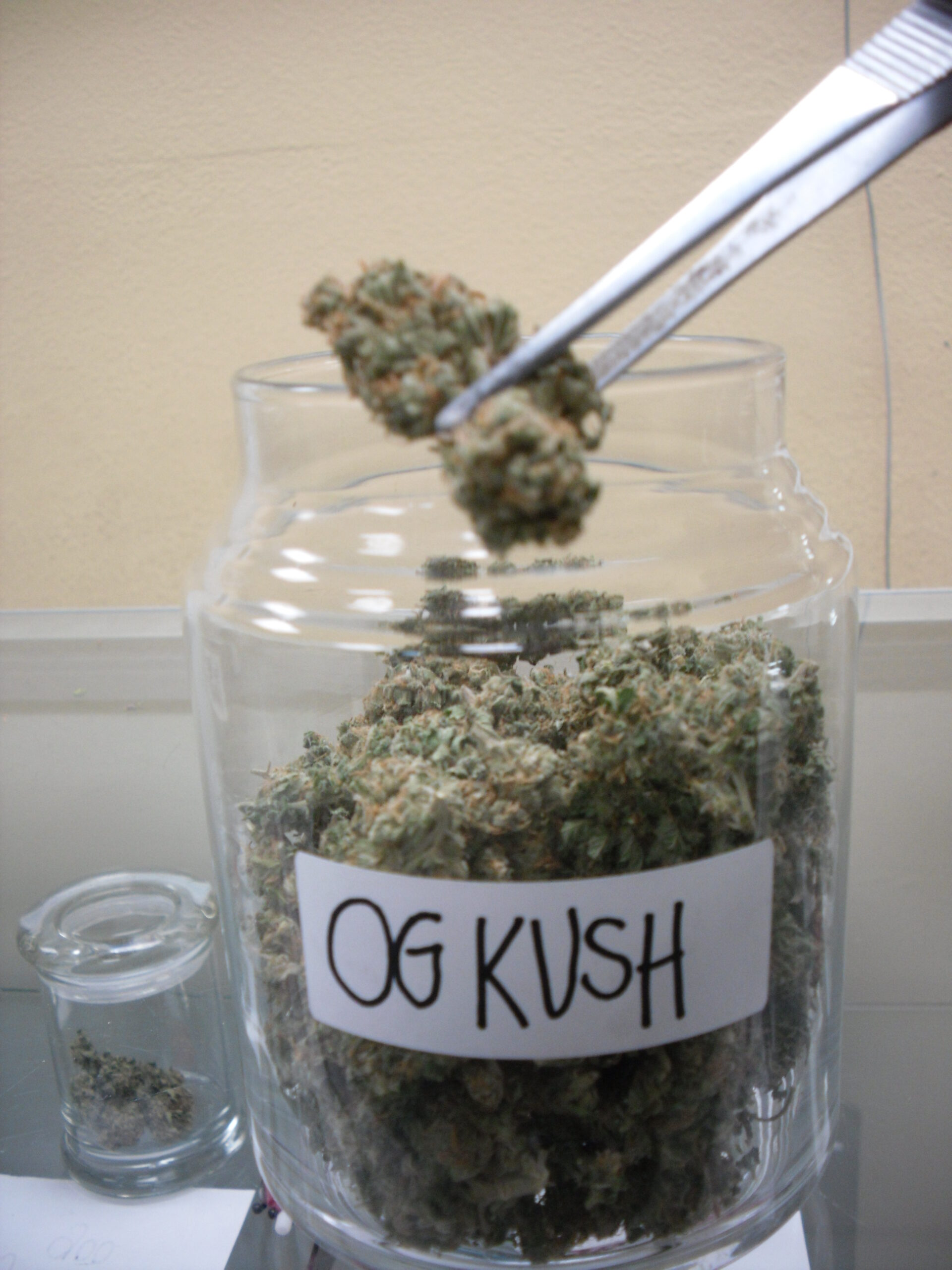The use of cannabis for medicinal purposes is growing steadily across the United States. 40 states now allow some form of medical marijuana use.
There’s an array of different state medical marijuana programs across the country. But not all medical cannabis programs are created equally – some function well and are high on patient satisfaction, while others are hamstrung by excessive red tape or clumsily written verbiage that puts doctors at risk of federal prosecution. Several states limit marijuana use to the non-psychoactive CBD part of the plant, while several others have dysfunctional medical marijuana laws that require physicians to break federal law by ”prescribing” cannabis instead of ”recommending” it (which is considered protected free speech between doctor and patient).
25 states, plus the District of Columbia, now have relatively functional medical marijuana laws. These states still differ in many criteria, such as patients’ rights and protection from discrimination, access to medicine, ease of navigation, functionality, product safety, and all states have some room for improvement. A 2016 report by Americans for Safe Access found that, “While many states have important elements helpful to patients, no state has yet established an ideal, comprehensive program.”
Here are the ten states that the ASA rated most highly for their medical marijuana programs. These are the honors students in the class. Texas and Louisiana will be staying behind after school to write “I promise to be more open-minded and kind to my sick citizens” 100 times on the blackboard.
 California (ASA grade – B+) – The Golden State comes top of the class! California is a leader in the medical marijuana industry. Medical marijuana California card holders are the lucky recipients of a truly great service. It has a centrally regulated dispensary system, meaning that there are no differences in requirements or legal limits between counties. The ASA called it, “The best place in the country for patients to receive legal protections and gain the most timely access”.
California (ASA grade – B+) – The Golden State comes top of the class! California is a leader in the medical marijuana industry. Medical marijuana California card holders are the lucky recipients of a truly great service. It has a centrally regulated dispensary system, meaning that there are no differences in requirements or legal limits between counties. The ASA called it, “The best place in the country for patients to receive legal protections and gain the most timely access”.
Teachers comments: If she brings me an apple, next term she gets an A!
Illinois (B+) – Illinois cannabis is some of the best in the country. It has tight product safety regulations that prohibit harmful pesticides, microbes and solvents. If Whole Foods sold weed , we imagine it would be Illinois weed. The state has only recently seen its first wave of dispensaries open for business, and has done a good job of rapidly implementing its cannabis card program, but unfortunately Illinois still does not allow patients to grow their own plants. According to the ASA, “The legislature should allow patients the right to cultivate their own medicine and replace the lengthy list of qualifying conditions with a simple provision that allows physicians the right to recommend medical cannabis therapy to any patient for whom the benefits would outweigh the risks.”
Teachers comments: She’s doing great work, she deserves to be proud. Try to loosen up a bit and have more fun!
New Mexico (B+) – New Mexico is ramping up its medical marijuana program admirably. Over the last year it has doubled its number of dispensaries to 17, and cannabis cards are now widespread. It has the fifth lowest prices in the country. The state is still weak in terms of civil protection for its patients in areas like child custody, housing and employment.
Teachers comments: I believe in her, if she keeps working hard the improvements will come.
Colorado (B) – Medical and recreational marijuana are legal in Colorado, and dispensaries are widespread, so a 420 card is no longer essential for sourcing herb. Patients are offered discount marijuana if they are in financial hardship. ASA says the state could improve in a few areas, namely civil protection for users in the areas of housing, employment and child custody, and introducing state-wide product safety requirements, as opposed to letting each city and county set its own standards as is currently the case.
Teachers comments: She is a very talented student, but sometimes she needs to be a little bit careful with the finer details.
Hawaii (B) – Overall Hawaii has done a very good job of implementing its MMJ card program. The state still falls short in the area of product safety. Also, the state requires patients to have an ID card to get their medicine, but people have reported long delays in getting their ID cards issued.
Teachers comments: Very good effort, but tardiness is an issue!
Maryland (B) – Maryland provides good product safety, so the cannabis is of a high quality. However, this quality product is still not as widely available as it should be. There is a lot of demand in the state, but there have been delays in licensing dispensaries; the state waited 2½ years before it began issuing business licenses, which was a little bit naughty, to be honest.
Teachers comments: Overall good work. She started slow, but is now back on track having recovered well. Better late than never!
Massachusetts (B) – One of only three states that give doctors the right to recommend medical cannabis to any patient for whom they feel the benefits would outweigh the costs, Massachusetts is an impressive free-thinker with truckloads of potential. It can still take quite a while for would-be dispensaries to get their license, and patient civil rights could be better protected.
Teachers comments: Huge potential, great imagination, but doesn’t always work as hard as she could.
Nevada (B) – Its easy to get cannabis in Nevada, and the product is of a high quality. However, the low possession limits mean that some patients struggle to have an uninterrupted supply.
Teachers comments: Good work overall, however she is absent too often and sometimes she forgets her homework.

Many medical marijuana dispensaries in Tacoma and Seattle have recently shut down due to scaled back MMJ programs.
Oregon (B) – Oregon is very strong in all areas. Weed is fully legal in the state, and prices are the cheapest in the country, so a medical card evaluation is not strictly necessary. Cannabis access is widespread, and patients civil protections are robust. With such a strong medical marijuana program the state should beware not to merge its medical program with its recreational program, in order to make sure patients continue to get top-notch service.
Teachers comments: A very strong student across the board, however, with her commendable devotion to extra-curricular activities, I’m a little concerned that she may spread herself too thin. Focus!
Washington (B) – Great product and strong rights protection for patients, however, since full legalization, its medical marijuana program has been scaled back with dozens of dispensaries in Tacoma and Seattle closing down recently. A cautionary tale for Oregon to keep an eye on. Medical marijuana should not be confused with recreational cannabis; one is essential, the other is a luxury.
Teachers comments: As always, a very strong student, although I’m concerned that she seems a little distracted of late. Personal issues?
